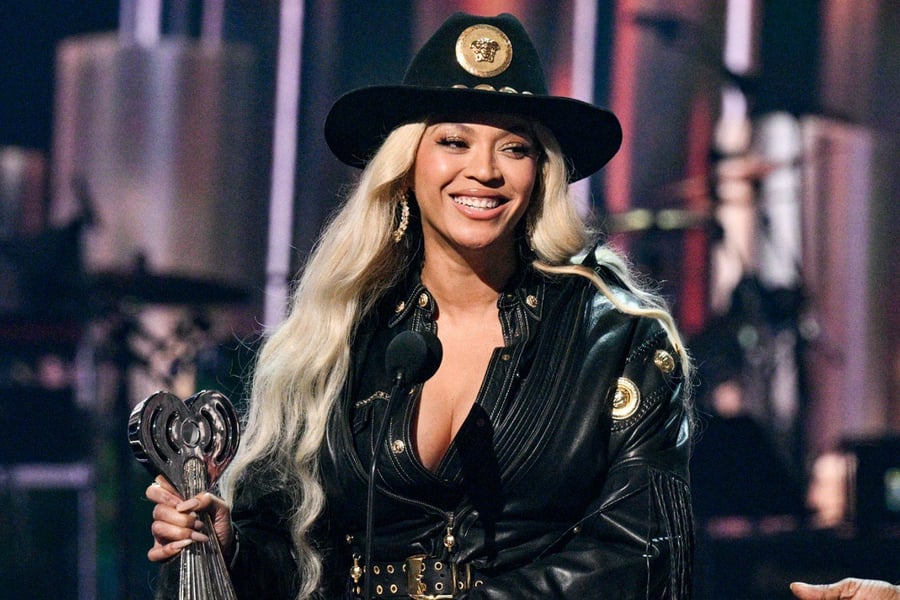The 250 Greatest Albums of the 21st Century So Far
With 25 years of this century in the books, here are the records that have defined our times

Michael Buckner/Billboard/Getty Images
In the 21st century, music became more universal, immediate, and accessible than ever before. On Jan. 1, 2000, the average cost of a CD was about $18, which meant if you wanted to legally own 250 albums, it would set you back about $4,500. Napster existed and it was pretty obvious even back then that the $18 CD era was over, but even the most optimistic pro-downloading zealot couldn’t have imagined a world where every album ever recorded could go on a little computer in your pocket.
A change in cultural consumption that sweeping is bound to be an enormous mixed bag. Yet, amid all the technological shifts we’ve seen in the past 25 years (CD burning, the iPod, file sharing, streaming), the album-centric long-form listening experience has stayed at the center of music. Early in this century, the album was alleged to be dying at the hands of single-track downloading. Today, a new LP by a beloved artist needs to be meaningful and good enough to inaugurate a new Era, lest it be deemed a flop, album release dates are awaited with countdown clocks, and people willingly pay $40 for a new “vinyls” of records they already have for free.
The biggest artists have often been the most radical innovators. Consider the journeys of two superstars with four albums on this list: Beyoncé and Taylor Swift. In the mid-2000s, they existed in the hit-driven, radio-dominated worlds of mainstream R&B and country, respectively. By the 2010s, Swift was renovating the Top 40 with the feelings-forward synth-pop of 1989, and Beyoncé had invented her own musical, personal, and political world of experience with Lemonade. By the 2020s, they’d moved on to even more idiosyncratic statements like Swift’s woodsy-folk pandemic classic Folklore and Bey’s genre-studies masterstrokes Renaissance and Cowboy Carter.
You see similar stories of genius ambition throughout our list — from Radiohead dissolving alt rock with Kid A to SZA reimagining chill R&B as her own confessional playground with CTRL and SOS to Lady Gaga turning mega-pop into a Warholian gallery space with The Fame Monster to Bad Bunny taking reggaeton from the club to the astral plane on YHLQMDLG and Un Verano Sin Ti and to Kendrick Lamar coming out of Compton with good kid, m.A.A.d city, a rap record as rich as any novel. Those are just a few of the biggest big-name examples.
In compiling our top 250 albums of the quarter-century, we wanted to show as much of the scope of this story as possible. So when given the choice between including multiple albums by an artist and finding room for a record that added something important or interesting to the list, we almost always took the second option. Still, this is a list of albums, not artists, and certain heavy hitters just put out too many amazing LPs to deny. We’re lucky to have all this music to keep us motivated and challenged and sane. There might not be too much to be optimistic about in 2025, but the mountain of good records will always keep growing.




















































































